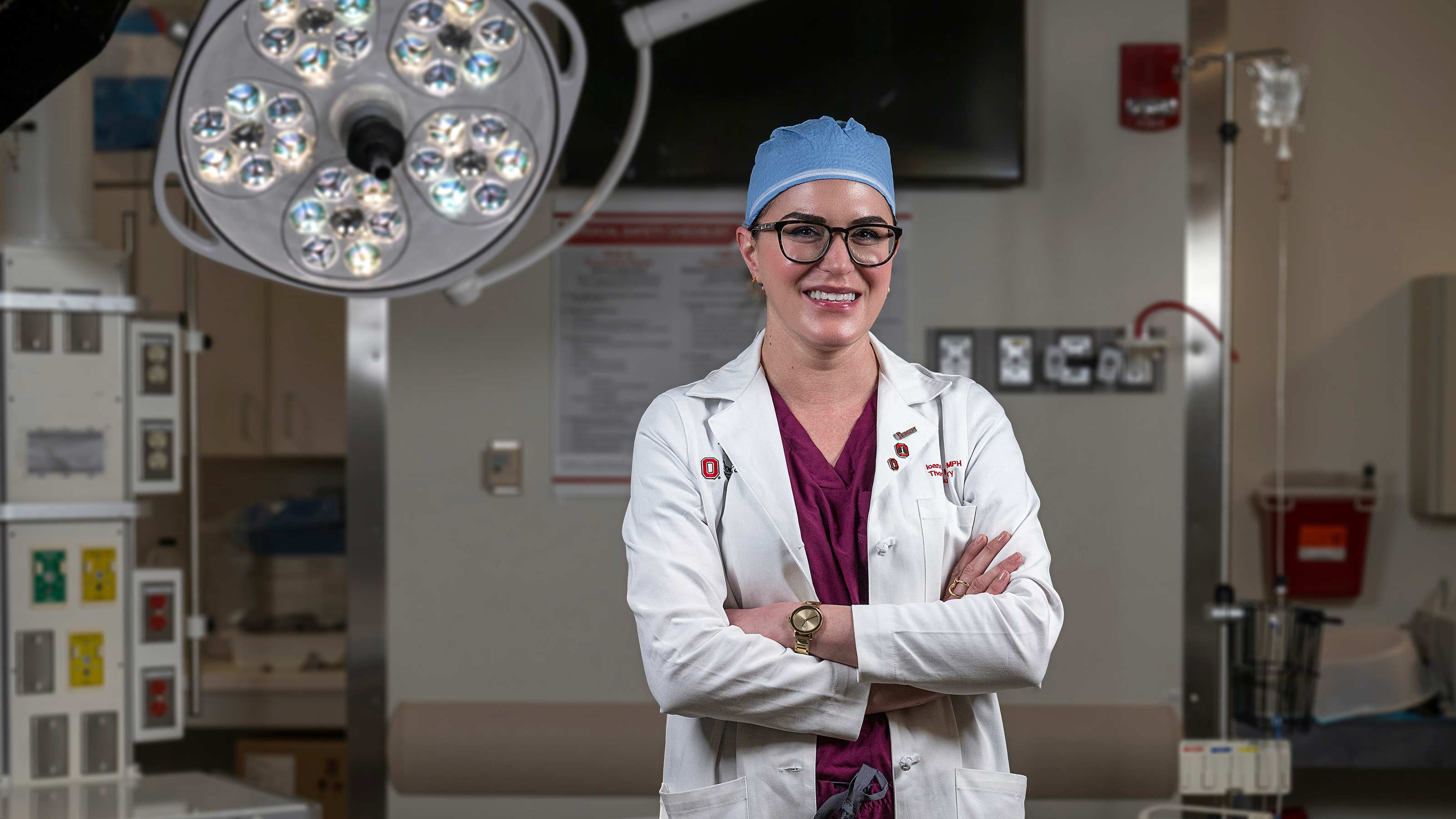
The Alzheimer’s Association says the lifetime risk for developing Alzheimer’s disease in the United States is 1 in 5 for a 45-year-old woman and 1 in 10 for a 45-year-old man, based on data collected through 2009.
While scientists continue to develop and test medications aimed at treating the memory disorder, there’s no cure. But there are ways to lower your risk for Alzheimer’s disease and other forms of dementia.
1 Protect the brain from injury
Wear a helmet when riding a bike or doing other activities that pose a risk of head injury, such as motorcycling, snowmobiling or playing high-impact sports. Wear a seatbelt in vehicles. Take measures to prevent falls. If you’re at risk of stroke, take preventive medications prescribed by your doctor.
2 Eat a diet that supports the brain
Ensure you’re getting a proper diet with adequate nutrition, vitamins and minerals. The MIND diet, specifically designed to support the brain, is a good option. It stands for Mediterranean-DASH intervention for neurodegenerative delay, and it suggests eating less red meat and processed sugars while emphasizing fish, nuts, beans, berries, leafy greens and other foods associated with slower cognitive decline.
3 Ensure your brain gets adequate rest
If you have a sleep disorder, see a health care provider. If sleep apnea is causing low oxygen flow to the brain, it can destroy nerve cells.
4 Drink less alcohol
Alcohol can damage the memory circuits and kill brain cells. While some studies suggest red wine might be healthy for the brain in moderate amounts, anything in excess is not beneficial. If you’re a long-term drinker, a binge drinker, or have an alcohol dependency, reach out for help.
5 Pay attention to your mental health
Depression is a risk factor for dementia. Treatment can help.
6 Stimulate the brain, socially and through exercise
The two best whole-brain activities are socialization and physical exercise. Get out, interact, engage and do physical activities.
If you’re by yourself, instead of watching a movie, aim for brain-stimulating activities, such as learning a language, learning to play the piano or playing Sudoku or word games.
Ensure you’re tending to your vision and hearing health so that you’re able to stay active and engaged as you age.
7 Tend to cardiovascular health and chronic conditions
Keeping your heart healthy can lower the risk of high cholesterol, which can lead to clogging of blood vessels and less blood flow to the brain, possibly even strokes. Evidence also suggests that treating elevated cholesterol levels in middle age may reduce or delay the onset of dementia.
8 Avoid medications that can harm the brain
Medications that are anticholinergic, such as certain antihistamines and urinary control medications, can affect the memory system by hindering the work of the neurotransmitter acetylcholine in the brain. If you’re older and have less in reserve, it will have greater impact.

Learn how Ohio State is centering neurology care around you
See all the neurology specialty clinics at the Ohio State Wexner Medical Center.
Learn about neurology care




